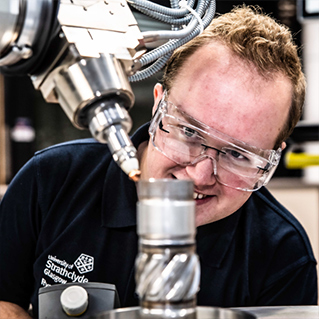
Platform 1: Adoption of ReMake Design and Value Retention Processes
Embed ReMake design principles and apply advanced ReMake technology methods to ensure high-integrity products are built for extended lifespans, reuse, and remanufacturing. Also develop data driven approaches across the lifecycle.



